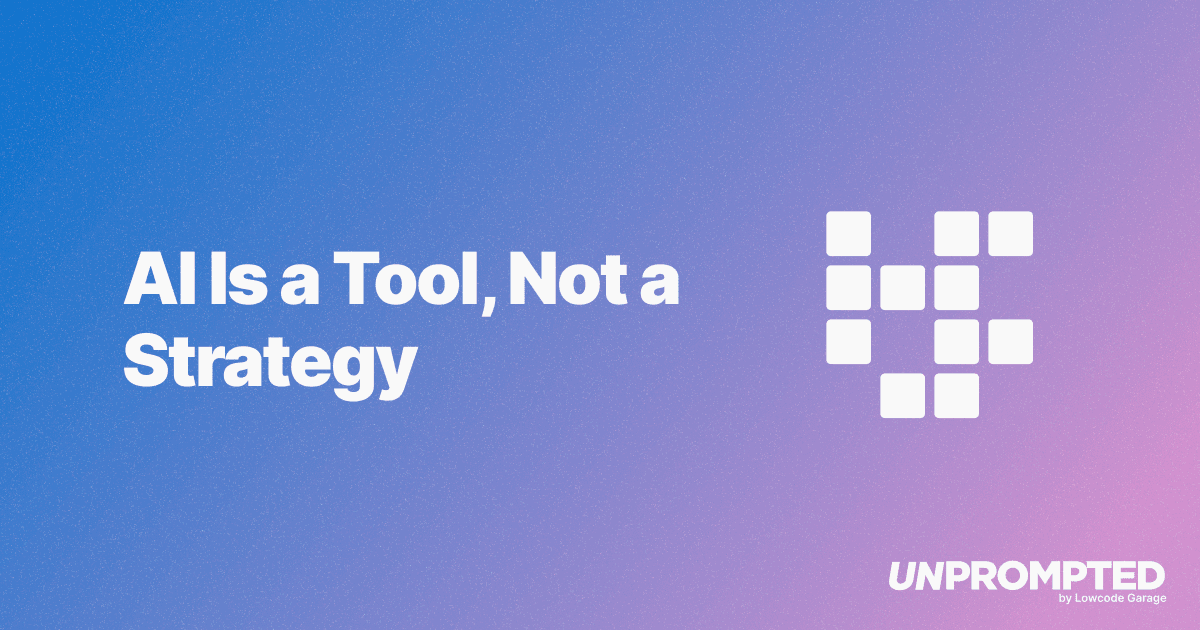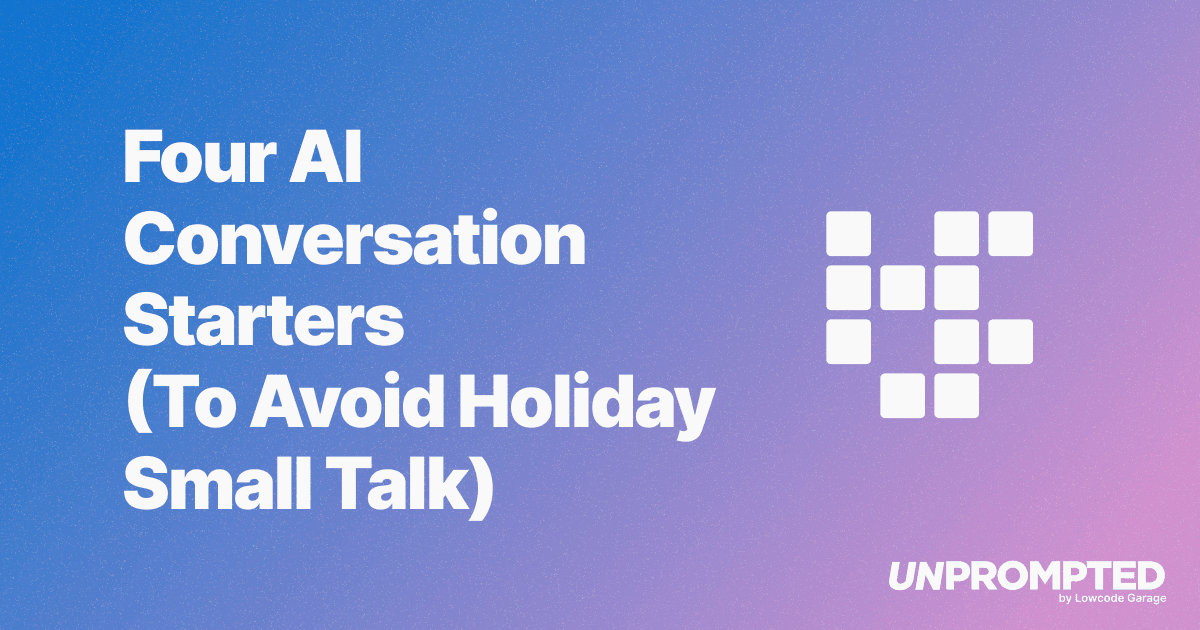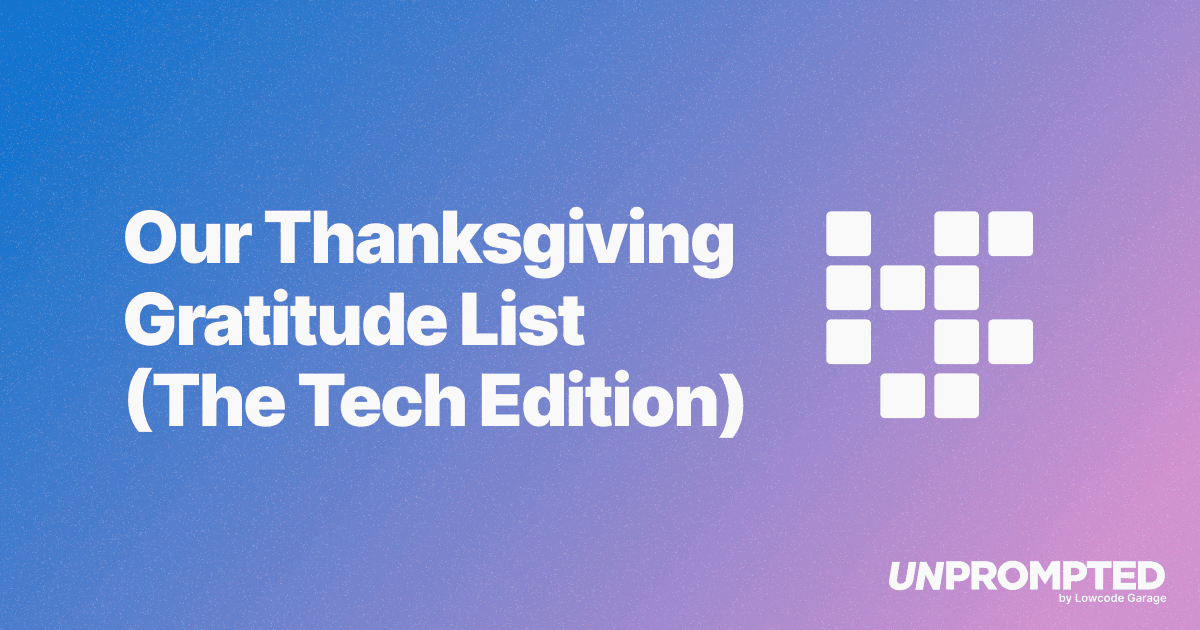The Year-End Giving Prep Checklist: How AI Helps Nonprofits Get Campaign-Ready Now
Build your foundation now so you can execute flawlessly during the most critical fundraising months of the year.
Here's a stat that should get your attention: According to the 2025 M+R Benchmarks Study, nonprofits raise between 24% and 47% of their annual online revenue in November and December, depending on their cause.
And it gets even more concentrated from there. Giving Tuesday 2024 raised over $3.6 billion in the United States alone. The last three days of December often bring in even more. December 31 alone accounts for 5% of annual revenue.
Your team already knows these dates matter. You've circled Giving Tuesday (December 2, 2025) and December 29-31 on your calendar.
But here's what separates nonprofits that maximize year-end giving from those that scramble: preparation.
The organizations that raise the most don't wing it. They build their systems before the chaos starts. This blog post is your prep checklist.
Why Preparing Now Matters
Here's what happens when you don't prepare:
- You're writing content the morning it needs to go out
- You're manually segmenting lists late at night before big sends
- You miss opportunities because you're putting out fires
- Your team is burned out by mid-December
Here's what happens when you prepare in advance:
- Your content is ready to deploy
- Your donor data is organized and actionable
- You can focus on optimization and relationships instead of scrambling
- Your team stays energized through the busiest season
Step 1: Get Your Donor Data in Order
The Challenge
Your donor data is scattered across systems. You need to know who gave last year, who's lapsed, who's ready for a bigger ask—but pulling this together manually takes days.
The AI Solution
Use AI to clean and segment your database in hours:
Key segments to identify:
- Warm prospects who've engaged but haven't donated
- Lapsed donors who gave last year-end but haven't returned
- Major donor candidates who deserve personalized outreach
- Upgrade candidates showing signals they're ready to give more
- First-time donors from last year who need nurturing
- Recurring donors who are your most valuable supporters
AI can help you identify duplicates, flag data quality issues, predict giving likelihood, and suggest optimal ask amounts based on past behavior.
Quick Win
Start with your top 50 donors. Use AI to pull their giving history and create a personalized outreach plan. This takes 30 minutes and transforms your most important relationships.
Step 2: Build Your Content Library
The Challenge
You need dozens of pieces of content: emails, social posts, thank-you messages, Giving Tuesday countdowns, year-end appeals, tax deduction reminders. Writing all of this during your busiest season isn't sustainable.
The AI Solution
Build your entire content library now, so later you're just deploying what's already created.
Take your core impact story and use AI to create variations:
- Different email lengths for different audiences
- Platform-specific social media content
- Giving Tuesday countdown and day-of messaging
- December 29-31 urgency content
- Thank-you templates for different donor types
The key is generating the raw material with AI, then editing everything for authenticity. AI gives you variations—you add the specific details and voice that make it real.
Quick Win
Take your best program outcome from this year. Ask AI to turn it into 10 different pieces: an email appeal, social posts, a thank-you message, a major donor update. Edit them, save them, and you've built the foundation of your content library.
Step 3: Set Up Campaign Automation
The Challenge
You'll be sending multiple emails weekly, posting daily, following up with donors, and managing campaigns across channels. Doing this manually means mistakes and burnout.
The AI Solution
Build automated workflows that run on autopilot:
Email sequences to consider:
- Pre-Giving Tuesday warm-up
- Giving Tuesday day-of campaign
- December giving series
- December 29-31 final push
- Automated thank-yous that trigger when donations come in
Critical automation: Automatically remove people from appeal emails once they donate. Nothing kills donor loyalty faster than asking someone who already gave to give again.
Other automation:
- Social media scheduling with templates for real-time updates
- Reminders to personally reach out to major donors
- Follow-up sequences for new donors
Use AI to write email copy, create segmentation logic, and build workflows that connect your systems.
Quick Win
Build one automated email sequence—your Giving Tuesday series. Write it, schedule it, set up segmentation rules. Spend 2 hours now to save 10 hours later.
The Preparation Bottom Line
Nonprofits that prepare now:
- Enter the giving season confident instead of stressed
- Save 20-30 hours during November and December
- Execute better campaigns built on strategy, not panic
- Capture more of that 24-47% of annual revenue
- Maintain team energy when it matters most
The giving season is coming. The question is whether you'll be ready.
Ready to Build Your Year-End Foundation?
We specialize in helping nonprofits build AI-powered fundraising systems for year-end campaigns.
What You Get When You Work With Us:
✔ Year-End Campaign Strategy — We audit your donor data and build your preparation roadmap
✔ Donor Data Cleanup & Segmentation — We organize your data into actionable segments
✔ Content Library Creation — We help you build campaign-ready content
✔ Campaign Automation Setup — We build your workflows and systems
✔ Training & Support — Your team learns to manage everything
Get in touch while there's still time to prepare.
Frequently Asked Questions
Continue Reading

AI Is a Tool, Not a Strategy
Henry Kravis reminds us that AI is a productivity tool, not a strategy. Strong management, cultural fit, and operational fundamentals still determine whether businesses succeed or fail.

Four AI Conversation Starters (To Avoid Holiday Small Talk)
Four timely AI conversation starters covering federal vs state AI regulation, Opus 4.5 capabilities, physical AI in construction, and Michael Burry's bet against Nvidia—perfect for surviving holiday small talk.

Our Thanksgiving Gratitude List (The Tech Edition)
Discover the AI tools transforming how we build products at Lowcode Garage. From publishing content with Claude Desktop to building prototypes in weeks instead of quarters, here's our Thanksgiving gratitude list for the tech that makes it all possible.